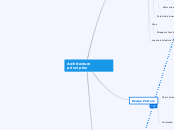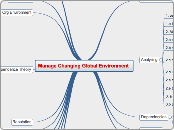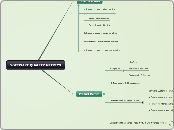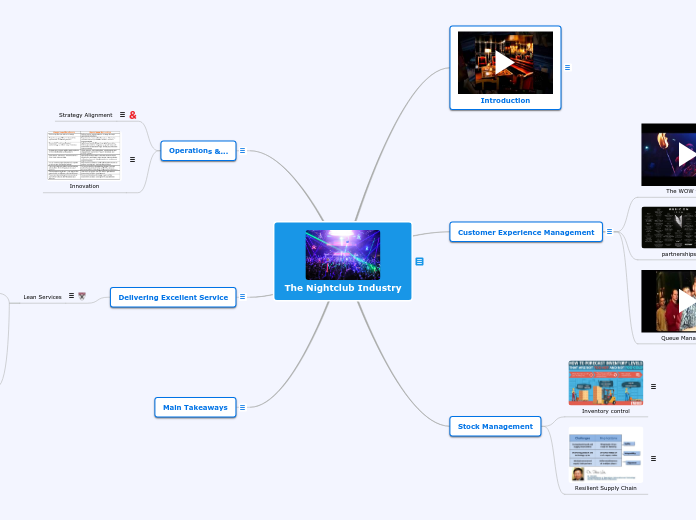We can have ~7 entities in same time in mind
Architecture principles
Metrics
Optimal values: http://stackoverflow.com/questions/2033743/code-metrics-calculation-in-visual-studio
Metrics types
Weighted Methods per Class (WMC)
Sum of complexity of all class methods
http://staff.unak.is/andy/StaticAnalysis0809/metrics/wmc.html
Response for Class (RFC)
lower RFC - lower bugs
inokation complexity on message
http://staff.unak.is/andy/StaticAnalysis0809/metrics/rfc.html
What is metrics: https://msdn.microsoft.com/en-us/library/bb385914.aspx
Design Patters
Command
Chain of responsibility
wiki(ru): https://ru.wikipedia.org/wiki/%D0%A6%D0%B5%D0%BF%D0%BE%D1%87%D0%BA%D0%B0_%D0%BE%D0%B1%D1%8F%D0%B7%D0%B0%D0%BD%D0%BD%D0%BE%D1%81%D1%82%D0%B5%D0%B9
Relay messages
Principles
Law of Demetr (LOD)
Layer architecture is an implementation of LOD
Cons
Wrappers time & space overhead
Pros
Potentialy lower Response for Class (RFC) Metric
Lower dependencies between classes
Safer code change
Links
Why its needed (ru): https://toster.ru/q/44822
Wiki (en): https://en.wikipedia.org/wiki/Law_of_Demeter
Base postulates
Only talk to your immediate friends
Each unit should only talk to its friends; don't talk to stangers
Every unit should have limited knowledge about other units: only "closely" related to the current unit









